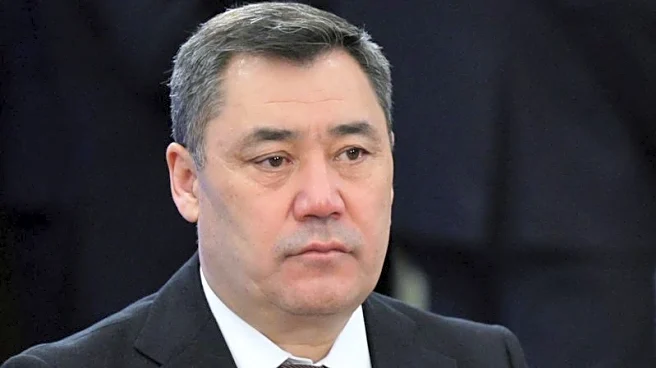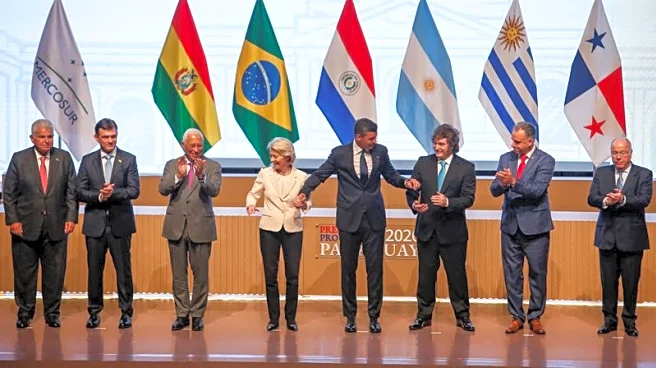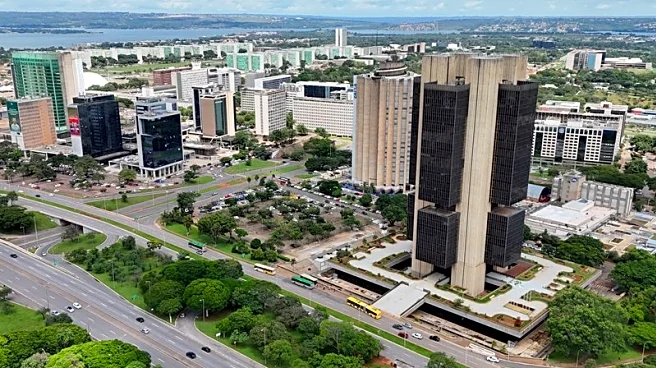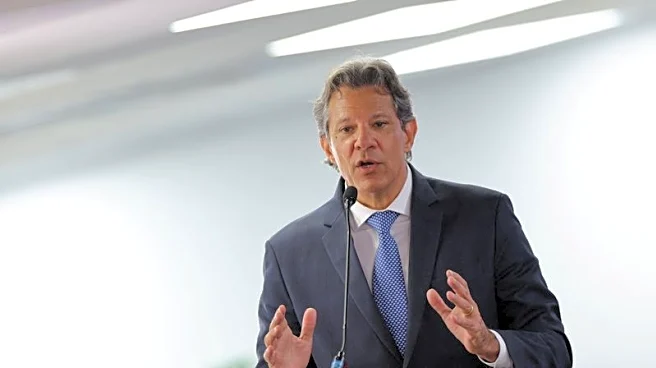Rapid Read • 8 min read
The State Department has dismissed its top experts on the South China Sea, closing an office focused on Indo-Pacific security as part of a reorganization. This move comes despite ongoing concerns about China's aggressive territorial claims in the South China Sea, which have included building artificial islands and military installations. The office, which managed U.S. engagement with ASEAN and coordinated diplomatic responses to China's actions, was cut along with others, leaving over 1,300 government workers unemployed. The decision has raised concerns among former employees and experts about the impact on U.S. interests in the region, as the office played a crucial role in maintaining diplomatic and security efforts.
AD
The closure of the office and dismissal of experts could weaken U.S. diplomatic and strategic efforts in the Indo-Pacific region, potentially giving China an advantage. The South China Sea is a vital shipping route for global trade, and maintaining free navigation is a priority for the U.S. The move may signal a strategic withdrawal, affecting U.S. influence and alliances in the region. Experts worry that the lack of experienced personnel could lead to poorly informed decisions, reducing the U.S.'s ability to counter Chinese expansionism effectively.
The reorganization may lead to a redistribution of responsibilities within the State Department, but it remains unclear who will handle the critical functions previously managed by the eliminated office. The decision could prompt reactions from U.S. allies in the region, who may perceive it as a reduction in U.S. commitment to regional security. The Trump administration's focus on countering Chinese aggression will likely continue, but the effectiveness of these efforts may be compromised without the expertise of the dismissed personnel.
The decision to cut the office may have broader implications for U.S. foreign policy, particularly in terms of diplomatic engagement and economic leadership in the Indo-Pacific. The move could affect U.S. relations with ASEAN countries and alter the balance of power in the region. It also raises questions about the prioritization of military over diplomatic strategies in addressing regional security challenges.
AD
More Stories You Might Enjoy










